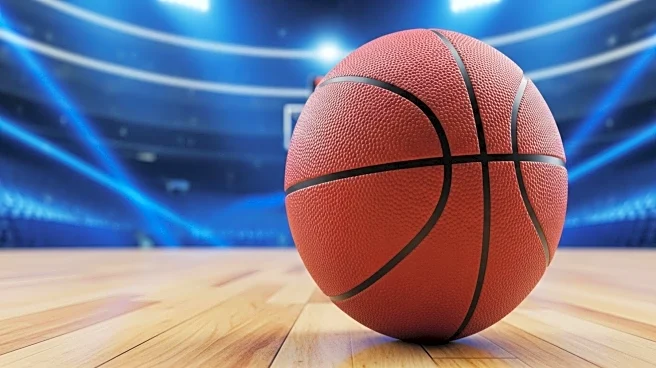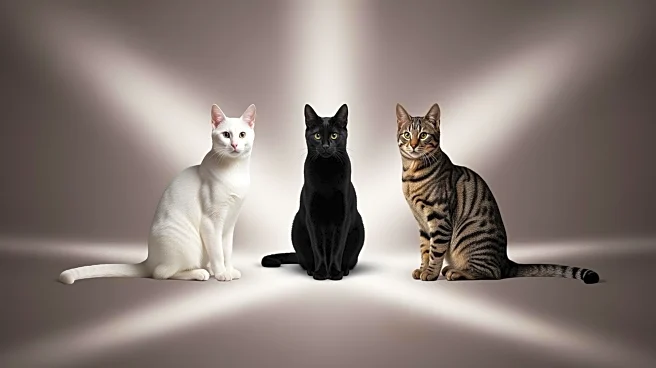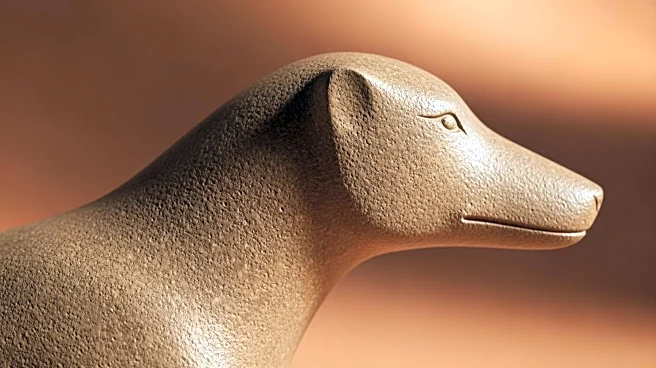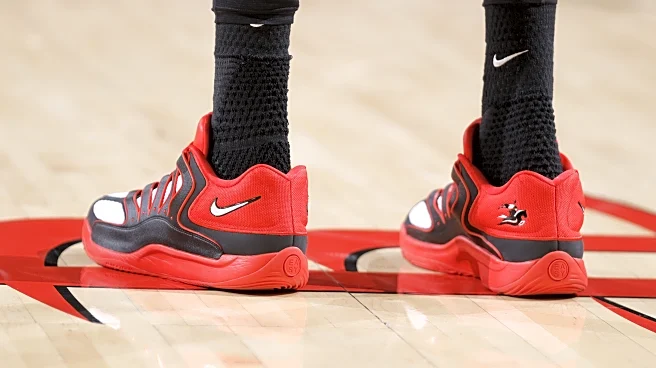What's Happening?
WNBA Commissioner Cathy Engelbert has come under fire for comments regarding Indiana Fever star Caitlin Clark's sponsorship deals. Engelbert allegedly suggested that Clark should be grateful for the league's role in her off-court earnings, which amount to $16 million. This statement has sparked backlash from players, including Clark's teammate Sophie Cunningham, who criticized Engelbert's leadership on social media. Cunningham described Engelbert as 'delusional' and argued that the focus should not be on the commissioner. The controversy highlights ongoing tensions within the WNBA regarding player compensation and league management.
Why It's Important?
The comments by Engelbert have ignited a broader discussion about player compensation and the role of the WNBA in supporting its athletes. Players like Caitlin Clark, who significantly contribute to the league's popularity and revenue, are reportedly underpaid during their initial years. This situation raises questions about the league's financial structure and its ability to retain top talent. The backlash from players suggests a growing demand for accountability and change in leadership, which could impact the league's future policies and its relationship with athletes.
What's Next?
The criticism from players like Sophie Cunningham and Napheesa Collier may lead to increased pressure on the WNBA to address player compensation and management issues. Calls for leadership change could result in discussions about Engelbert's role and potential reforms within the league. The situation may also prompt further scrutiny of the league's financial practices and its support for athletes, potentially leading to policy changes aimed at improving player satisfaction and retention.
Beyond the Headlines
The controversy surrounding Engelbert's comments reflects deeper issues within professional women's sports, including gender disparities in pay and recognition. The WNBA's handling of player compensation and management could influence broader conversations about equity in sports and the treatment of female athletes. This situation may also affect public perception of the league and its commitment to supporting its players, potentially impacting fan engagement and sponsorship opportunities.










